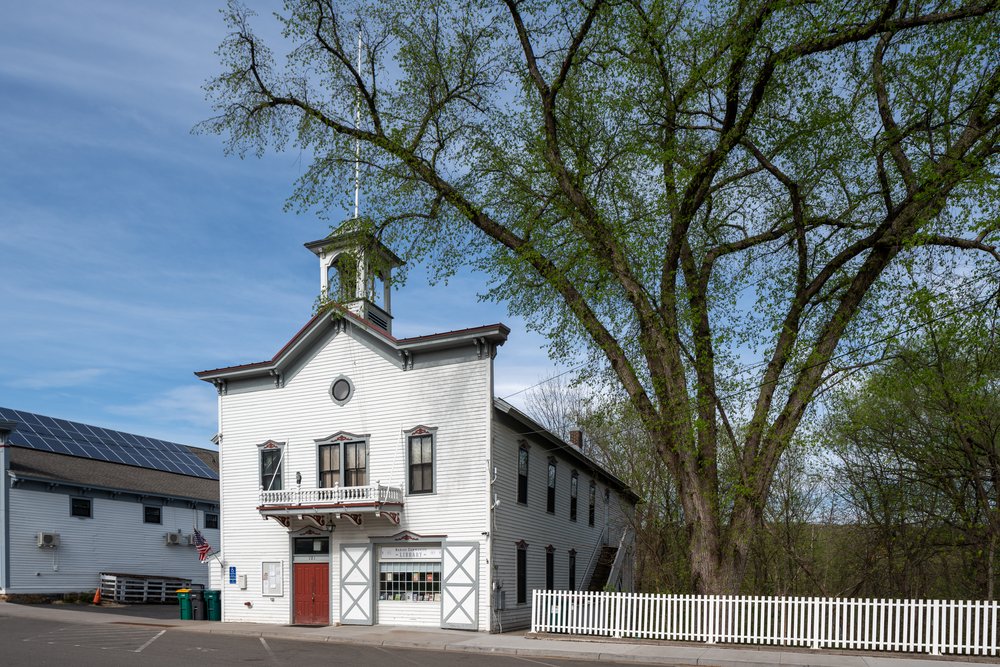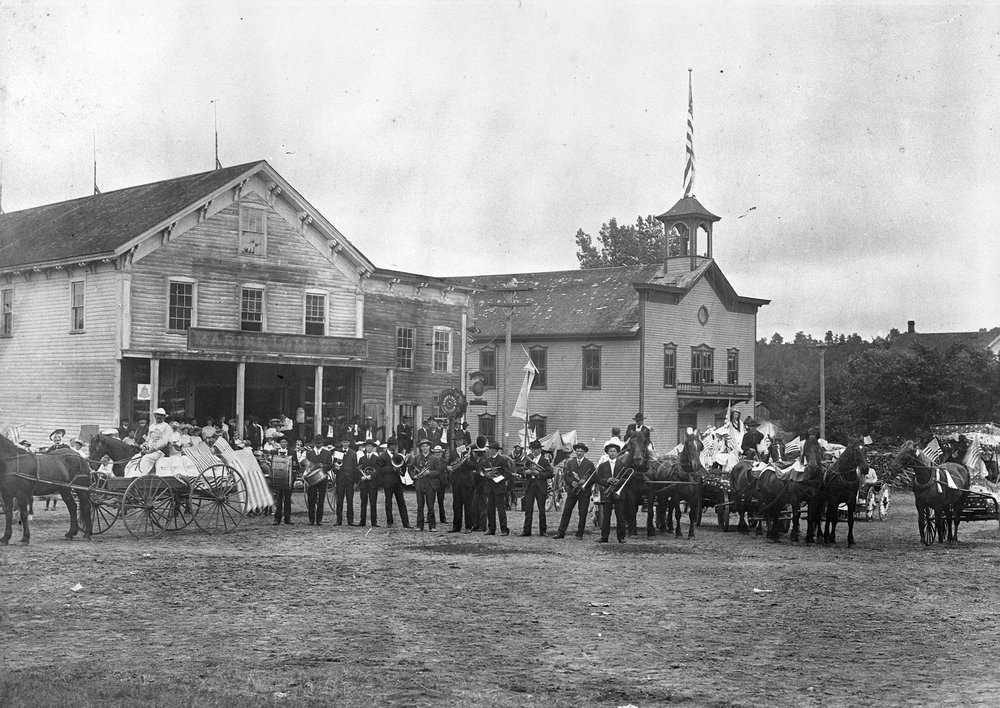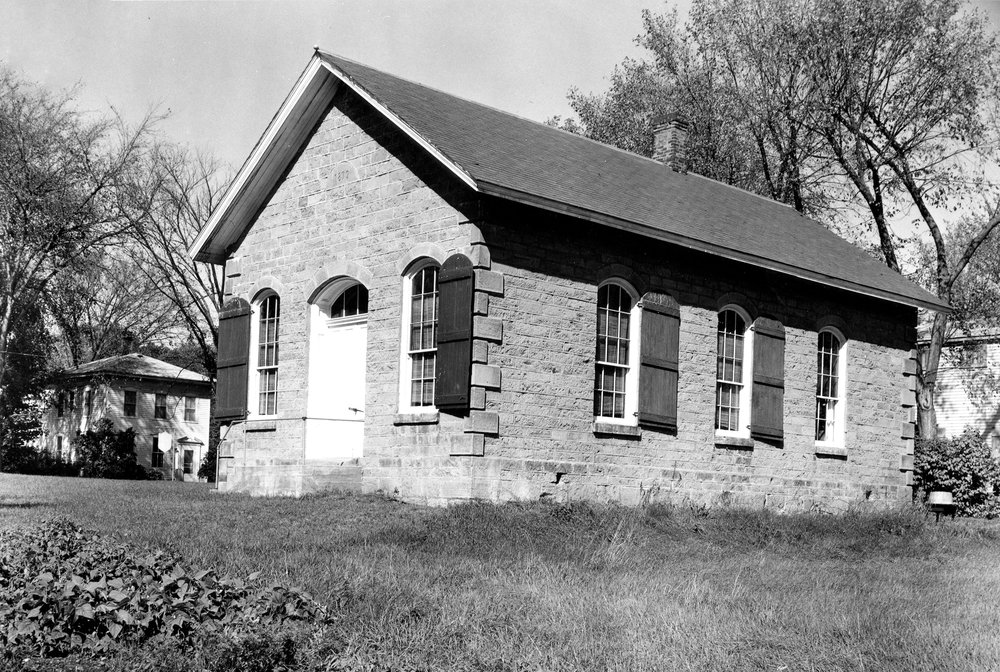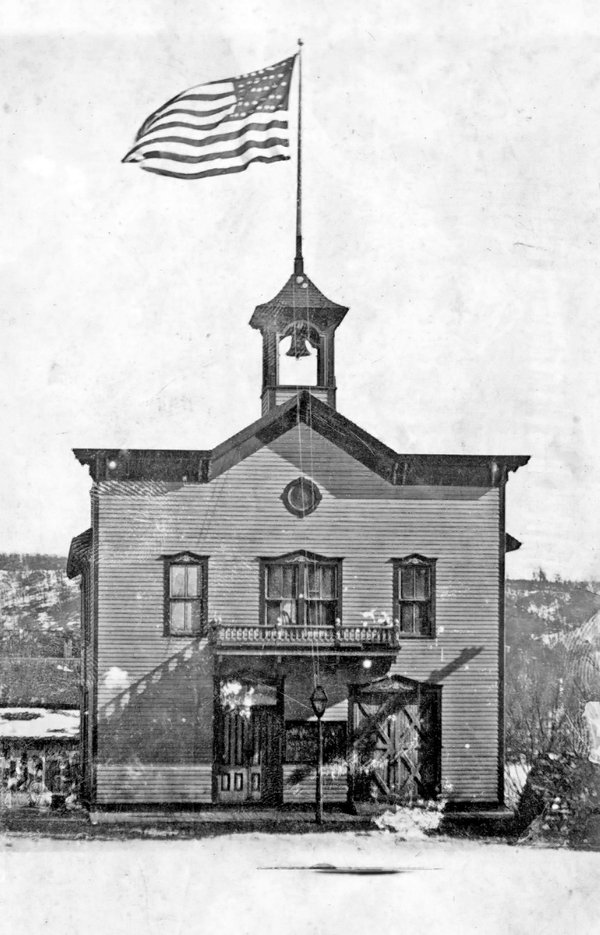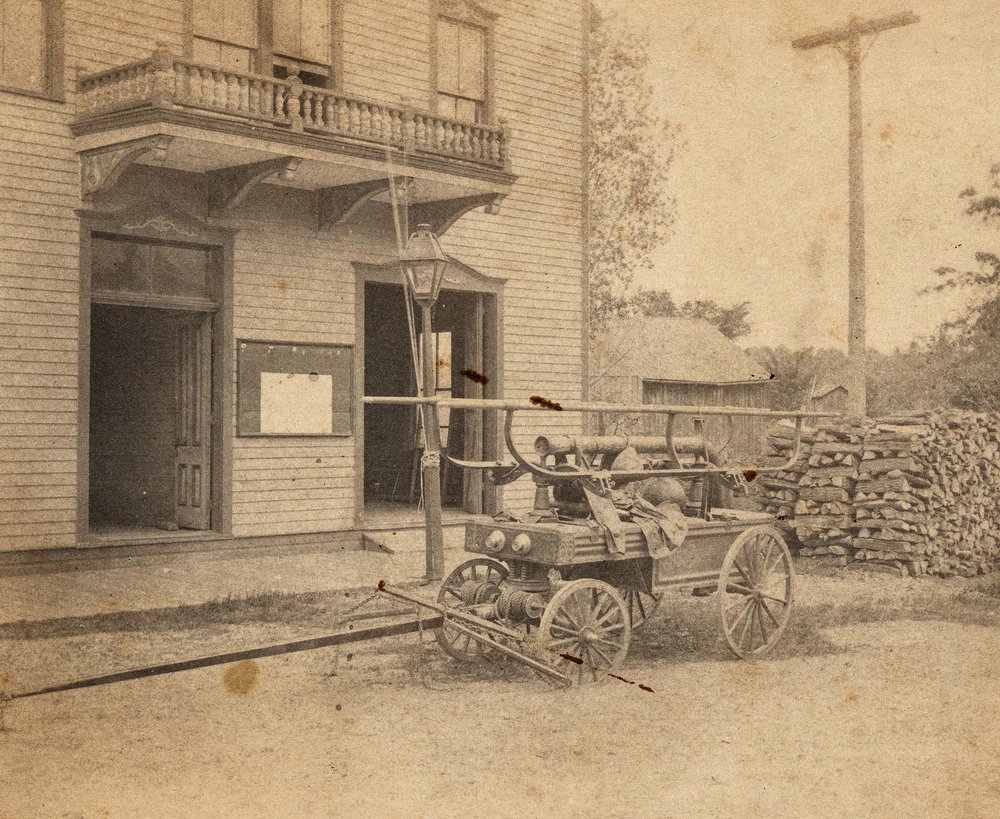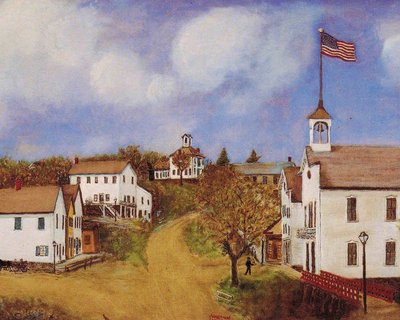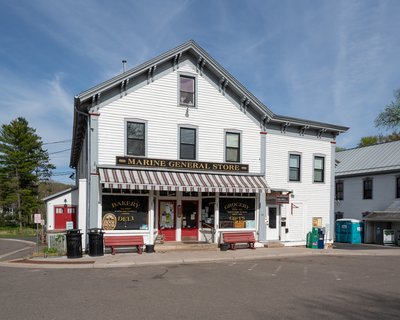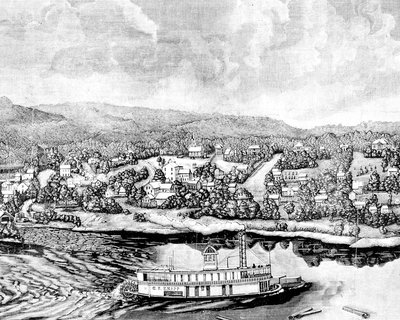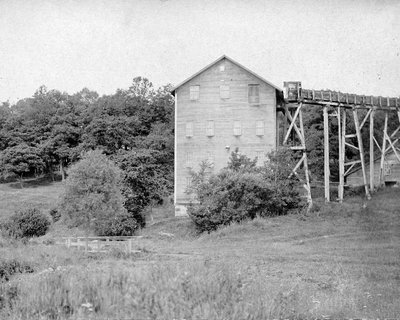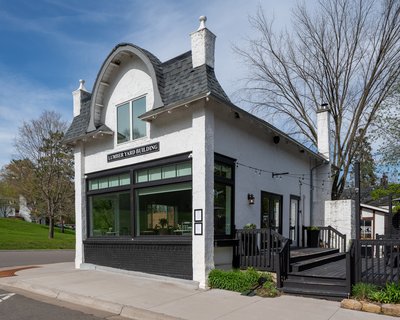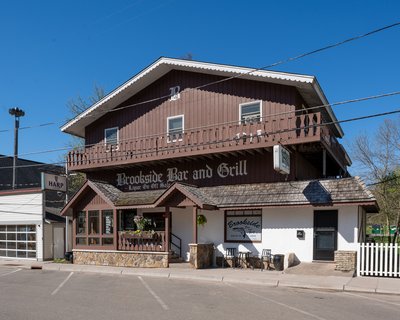Marine Village Hall: History of Marine Mills
Welcome to Historic Marine on St. Croix
Step back in time as you visit Marine on St Croix – birthplace of Minnesota’s lumber industry. Explore our past with a history walk in Marine Mill where the first sawmill was located and operated from 1839-1895. Look for all six History Spot signs around the Village Center that will digitally connect you to stories and photographs of historic Marine Mills, which was the town’s original name. The Marine General Store also sells a Historic Walking Tour map with more information you can take with you.
Initially known as Marine Mills, the village began as a pioneer settlement working Minnesota’s first commercial sawmill. It was the first civilian white settlement in Minnesota and attracted some of the earliest immigrant settlers to Minnesota, many of them Scandinavian. They became the loggers, sawyers, tradesfolk, and farmers that helped the sawmill grow. By 1895, when the sawmill fell silent, Marine had grown to survive on its own as an agricultural and small business community. It has retained the rural charm of its treasured past. (Learn more about historic periods of Marine on St. Croix's development.)
Marine Township Hall
Marine Mills village was platted by its lumber company owners in 1853. It became part of Marine Township in 1858, which at that time included the land of May and New Scandia townships. Orange Walker’s lumber company donated land in the upper village for a township hall, which was constructed in 1872 by Swedish immigrant Gustaf Carlson with locally quarried stones. Marine Township Hall was used for city government, including a jail, until the Village Hall was built in the Village Center in 1888.
Marine Village Hall
Marine Mills organized its first fire department in 1887 and equipped it with a Rumsey hand pumper. Needing a place to keep the pumper, the village voted for a $2,000 bond issue to construct a new Village Hall to house the new fire engine and provide a more convenient place for town meetings and the jail.
The fire department was moved across the street in 1962. Washington County operated the Marine Branch Library in the former pumper space (1968-2011). “Absolutely no silence” was librarian Grace Grady’s rule! Since 2011, the Marine Library Association (est. 1878) has run Marine Community Library in collaboration with the City and Washington County. Upstairs, a beautiful barrel ceiling event room and auditorium have been the scene of many weddings, performances, and town gatherings.
— Andrew Kramer and the Marine Historic Signage Committee
